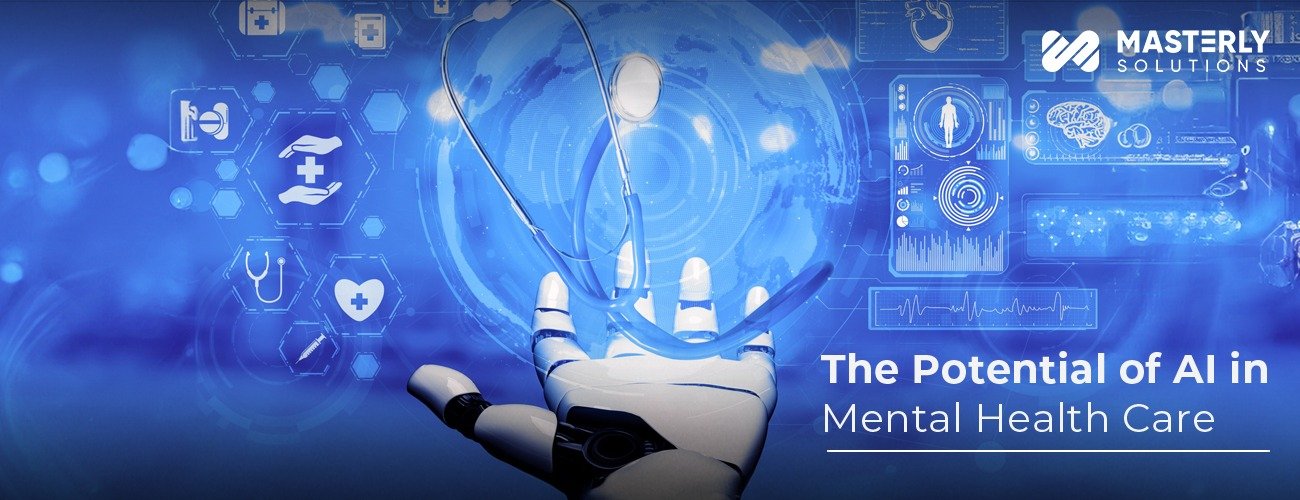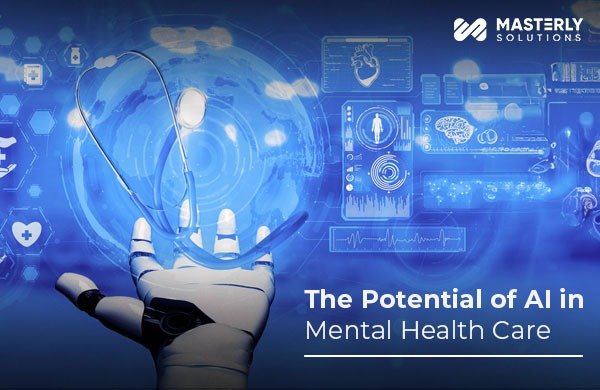
In recent years, the intersection of Artificial Intelligence (AI) and mental health care has emerged as a beacon of hope, offering innovative solutions to some of the most pressing challenges in the field. From AI-powered diagnostics to personalized therapy sessions, the potential of AI in transforming mental health services is immense. This blog explores how AI is revolutionizing mental health care, addressing the benefits, applications, and ethical considerations of this burgeoning technology.
The Rise of AI in Mental Health
Artificial intelligence, with its ability to analyze vast amounts of data, learn from interactions, and make predictions, is ideally suited to augment many aspects of mental health care. AI mental health apps and chatbots, for example, provide immediate, accessible support for individuals, guiding them through coping mechanisms or connecting them with professionals when necessary.
AI for Diagnosis and Treatment
One of the most significant applications of AI in mental health is in the realm of diagnosis and treatment. Machine learning algorithms can identify patterns in behavior or speech that may indicate mental health issues, often diagnosing conditions such as depression or anxiety more quickly and accurately than traditional methods. Furthermore, AI in psychological assessments can tailor treatment plans to the individual, enhancing the effectiveness of therapy.
AI-Powered Support Systems
Accessible digital mental health tools, such as AI-based apps, provide continuous support and monitoring, expanding care reach to remote areas and overcoming barriers to face-to-face counseling. These platforms can track mood changes, suggest personalized coping strategies, and even alert healthcare providers to a patient’s deteriorating mental health condition.
The Role of AI in Research and Prevention
AI and mental health research are closely linked, with AI-driven analytics providing insights into the causes and triggers of mental health conditions. Anticipatory analytics in mental health can predict potential crises, enabling the implementation of preventive measures before they manifest. Moreover, AI in mental health prevention focuses on identifying risk factors and delivering early interventions, potentially reducing the incidence of mental health issues.
Ethical Considerations and the Future
While the benefits of AI in mental health are vast, they are not without ethical concerns. Issues surrounding AI and mental health data privacy, the risk of bias in AI algorithms, and the need for transparency in AI decision-making processes are critical considerations. As we advance, integrating AI into mental health services requires thoughtful consideration, emphasizing responsible use for the well-being of all stakeholders.
Conclusion
The potential of AI in mental health care is undeniable. As we continue to explore and develop these technologies, we stand on the brink of a new era in mental health services—one where AI not only supports mental health professionals but also offers direct assistance to those in need. The future of AI in mental health treatment is bright, promising a world where mental health care is more accessible, personalized, and effective than ever before.
